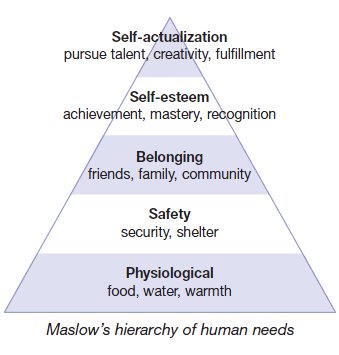
What is the meaning of Authentic? Etymologically speaking, it is derived from the Greek root authentiko, which means “author”. The Authentic Child is a child who is allowed to develop or “author” himself.
According to Pia Melody (The Intimacy Factor: The Ground Rules for Overcoming the Obstacles to Truth, Respect, and Lasting Love. Harper Collins. 2004), there are five essential attributes of the Authentic Child. These attributes are deeply connected to the child’s inherent sense of self-worth.
- Vulnerability
- Nascent reason (the inborn ability to recognize truth)
- Dependence
- Appropriate immaturity (the ability to act one’s own age)
- Exhuberant energy.
Maria Montessori became aware of the Authentic Child over 100 years ago. By careful observation, she found the intrinsic spiritual treasures that children own. As she designed her Montessori classrooms to meet the child’s developmental needs and interests, these spiritual treasures came to light, revealing to her the idea of the “Authentic Child”.
Montessori Education for Nurturing the Authentic Child: Development and Success
Traits of the Authentic Montessori Child
- Self-Confident
- Independent
- Cooperative
- Thoughtful
- Helpful
- Joyful Learners
- Internally Motivated
- Peaceful
Children whose authenticity has been squelched by well-meaning but often hurried or stressed adults, display other traits such as being uncooperative, bossy, self-centered, insecure, disruptive, willful, withdrawn, externally motivated, and seeming to lack interest or concentration.
Unlocking the Secret of Childhood
Maria Montessori said “It is only the power of Love that can enable the adult to come close enough to the child to understand him. Love and humility will unlock for us “the secret of childhood.” (The Secret of Childhood. Ballentine Books. 1982) Montessori believed that we must nurture the true spirit of the child in order to unveil their true potential, thus leading to a more peaceful and prosperous world.Although parents and teachers must work together to protect the authenticity and innocence of the child, it is the influence of the parent that is most significant.
The Montessori Parent
- Recognizes the child’s authentic nature regardless of behavior.
- Is patient and reflects the child’s light and spiritual treasures.
- Is centered in love.
- Models peaces.
- Creates home and school environments which support authenticity.
How can this happen? What does this look like? According to Sonnie McFarland of Shining Mountain Press, parents who nurture authentic children do so not only physiologically but emotionally as well. Using Maslow’s Hierarchy of Needs, she lists ways in which parents can encourage authenticity in their children.
Physiological Needs
- Regular, healthy meals
- Good sleeping habits
- Comfortable home environment
- Appropriate clothing
- Good health
Safety Needs
- Regular routines
- Consistent patterns
- Safe home environment
- Supportive emotional climate
- Sensible boundaries
Belonging Needs
- Involvement & contribution
- Empowerment
- Justice & fairness
- Withdrawal from conflict
Esteem Needs
- Unconditional love
- Mutual respect
- Appreciation
- Independence
- Confidence in child’s abilities
Self-Actualization Needs
- Love of learning
- Enthusiastic role models
- Opportunities to learn
- Effective communication
Parents also nurture authenticity by teaching effective communication and problem-solving skills. They shy away from the “Reward and Punishment” model, acknowledging that it stifles the child’s development of self-discipline by taking away the opportunity for them to make their own decisions and learn by logical and natural consequences.
Children have an innate drive to manifest their own will and potential. The way they construct themselves is the “secret” of childhood. As adults, it is ever so important that we respect this inner construct and honor and preserve their authentic nature.
I see your love. I see it sparkle in your eyes. I see it when you smile. I bring my heart to you. I trust and respect you for who you are and who you will become. I will be with you wherever you wish to stand. You are safe and I love you.
© North American Montessori Center - originally posted in its entirety at Montessori Teacher Training on Thursday, March 26, 2009.


That is a great article.. I love that you wrote many positive ways to say things to children and to give them kids choices.!
ReplyDelete